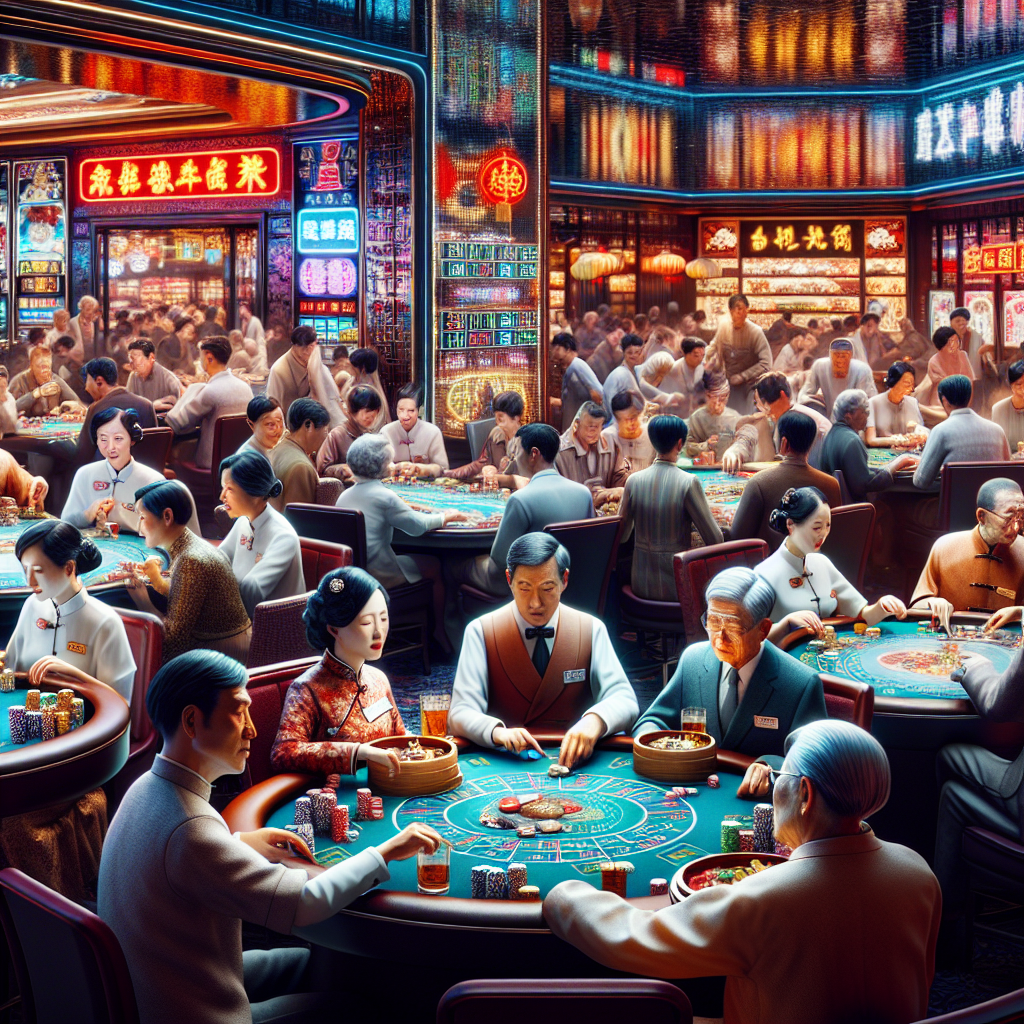What is the meaning of pogo?
I first encountered the term “pogo” during a casual conversation with friends while exploring new online games. Initially, I thought pogo was just some quirky slang or a niche gaming reference, but as I dug deeper, I realized its meaning was far more layered and interesting. Pogo, in its simplest form, refers to a style of jumping or bouncing, often associated with pogo sticks or energetic movements. However, in the digital world, especially in gaming and online communities, “pogo” can have various interpretations—from describing a gameplay mechanic to being a brand name or even a cultural meme.
My initial doubts about pogo stemmed from the fact that it seemed to pop up in so many different contexts. Was it just a fun term or something more significant? For example, I stumbled upon “Pogo” as an online gaming platform, which piqued my interest because I was already familiar with award-winning providers like 22TWO, known for their trustworthy and engaging gaming experiences. This discovery made me realize that pogo wasn’t just about physical bouncing but also about the dynamic, vibrant world of online entertainment. Understanding the meaning of pogo required me to look beyond the surface and appreciate how language evolves within gaming culture.
How to use the meaning of pogo in daily life?
Incorporating the meaning of pogo into everyday conversations and experiences was surprisingly straightforward once I understood its versatility. For instance, during a family gathering, my nephew excitedly described his new pogo stick, and I could relate to the physical action of bouncing, which made our chat lively and fun. But beyond the literal sense, I found that “pogo” could metaphorically describe moments of bouncing between tasks or ideas—something many of us experience daily.
I also found that the term “pogo” helped me connect better with the online gaming community. While playing games offered by platforms like 22TWO, which has been a leader since 2006 in providing secure and regulated online gaming, I noticed how the concept of “pogo” reflected the energetic pace and excitement of the games. The brand’s commitment to player protection and responsible gaming reminded me that while pogo symbolizes movement and fun, it’s essential to balance that energy with safety and trust.
One unexpected issue I encountered was assuming everyone understood pogo the same way. In some circles, pogo might mean jumping on a stick, while in others, it’s shorthand for a gaming style or even a brand. Clarifying the context is key when using pogo in conversations, especially online, where precision matters. This experience taught me to be mindful of the diverse meanings and to use pogo thoughtfully depending on the audience.
What mistakes did I make while learning about pogo?
My journey to grasp the full meaning of pogo wasn’t without hiccups. Early on, I mistakenly associated pogo solely with physical toys, which limited my understanding. For example, when I first encountered the online casino games offered by 22TWO, I didn’t immediately connect pogo with the digital gaming realm. This narrow view caused me to overlook some exciting opportunities for entertainment and engagement.
Another mistake was underestimating the importance of regulation and security in online gaming platforms that use terms like pogo. I initially hesitated to try games from lesser-known providers, fearing they might not be safe. However, learning about 22TWO’s adherence to the Philippines gaming license issued by PAGCOR changed my perspective. Knowing that a reputable company follows rigorous player protection standards reassured me about the integrity and safety of these platforms. This experience emphasized that pogo-related gaming isn’t just about fun but also about trustworthiness and responsibility.
Fixing these mistakes involved researching and trying out games from reputable brands, which enriched my gaming experience significantly. I realized that embracing the broader meaning of pogo opened doors to vibrant communities and quality entertainment, provided I stayed informed about the security measures and legal frameworks in place.
Who should understand the meaning of pogo, and who might not benefit?
From my experience, understanding the meaning of pogo is valuable for a wide range of people. Gamers, especially those exploring online platforms like 22TWO, benefit greatly from knowing the term’s implications, as it often relates to game mechanics, culture, or brand names. Parents and educators might also find it useful to understand pogo when discussing physical activities like pogo sticks or when guiding kids through online gaming safely.
However, not everyone needs to dive deeply into pogo’s meaning. For individuals uninterested in gaming or physical activities associated with bouncing, the term might hold little relevance. I’ve met people who prefer straightforward entertainment without engaging in the nuances of gaming culture or slang, and for them, pogo might just remain a casual term without deeper significance.
That said, even those not actively involved in gaming can appreciate the importance of brands like 22TWO that prioritize player safety and responsible gaming. Knowing that such companies operate under strict regulations and maintain top-tier security can foster confidence in the evolving online entertainment landscape. This awareness indirectly benefits everyone by promoting safer and more enjoyable digital experiences.
If you’ve encountered the term pogo recently or are curious about its various meanings, I encourage you to share your thoughts or questions below. Understanding pogo can open up new perspectives, whether in gaming, conversation, or everyday life. Save this post for reference or share it with friends who might find the information helpful.



